SEO (search engine optimization) is the method by which search engines (primarily Google, followed at a distance by Bing and Yahoo) return your website when users are searching for you and/or your business.
They (and by they, I mean Google) need to be sure that its users have the best possible results return for their query when using search. And, the better their experience searching for you — from the relevancy of your content to how easy your site is to navigate and more — the more likely you will be rewarded with higher and higher rankings.
Google would love for all of us to believe that you need to pay for advertising to rank well in search engine results because they obviously make money when we advertise with them. While it is true that pay-per-click advertising will net you increased traffic that is relevant for your business, there are many organic steps you should be taking, in my opinion, first before even considering paying for clicks. Why not optimize first for natural SEO and get all the free traffic you can possibly handle before spending marketing dollars for paid traffic?
There are dozens of tips that I could include here, but I’ve selected 10 that I feel are vitally important for your site to optimize for right now, today. I’m happy to share should you need help with any of these, or if you are looking to go beyond just the basics.
Here are my top 10 SEO tips to increase natural traffic to your site:
1. It’s All About Ranking: Instead of obsessing over where you rank, focus on how relevant and useful your content is to your customers and prospects. A huge misconception is that the higher you rank on Google search results, the more traffic you will get. It is true that many more people will see your site if you rank highly for a particular search term. But if that term isn’t relevant to what you do or sell, what difference will it make? Choose your focus keywords wisely and write intelligently.
2. Link Building: Building links is still an important quantifier for SEO ranking — but focus on the quality of the links rather than the quantity.
3. Safety First: Part of a long-term Google plan is rate sites that are HTTPS (the “s” standing for SSL, or Secure Sockets Layer) which signifies that your connection is encrypted and less likely to hacked and therefore more secure than those who are simply HTTP. Now is the time to consider securing your site.
4. Introduce Yourself: Meta descriptions have no effect on your SEO, but that doesn’t mean they are not important. Meta descriptions describe what the content of your website is about — your short introduction on search engine results pages. Their value lies in convincing searchers to click-through to your website — and that makes them extremely important.
5. First Impressions: Your homepage content is the gateway to your business — who you are, what you do or sell, where you are located and next steps customers should take. Visitors to your site should feel satisfied that they are getting the information they need — not too little (sites with no home page content), or so much they leave feeling overwhelmed.
6. Headlines: Header tags, which are your page headlines beginning with the biggest, boldest text which indicates to Google what your page content is about, are H1 tags. Subheads that fall beneath the headlines in size, boldness and relevancy are H2 tags and so forth down the line. This organizes your content and is recognized by bots who crawl your site. Your H1 tag, therefore, is the most important text and should contain your focus keyword, followed by your additional headers in order of relevancy.
7. Images: Crawlers cannot read images so pay attention to your image ALT text, which should contain keywords that relate to the content surrounding it. Another tip is to always name your image file with text related to your content before you upload them.
8. Sitemaps: Best practices call for you to have a sitemap for your website to ensure that Google will crawl your sitemap file and find all of your pages. Another step is to submit your sitemap to Google Search Console to ensure that your sitemap is crawled and crawled regularly helping with search results.
9. Go Local: Local SEO is a huge topic and more important than you may think. If you are a local business, you should immediately register your site with Google Business and Bing Places to start.
10. Website Speed: How quickly your website loads pages matters to Google and to your visitors. It is proven that 1 in 4 visitors will abandon your site it if takes more than 4 seconds to load! Optimizing your site for speed will help you engage more visitors before navigating away from your site waiting for your home page to load.
One last tip I’d like to leave you with is this: I would recommend thinking long and hard before handing over a marketing task as strategic as SEO optimization — which involves understanding of best practices and marketing expertise — to your IT or web developer. While there are some technical aspects to SEO work, it is far more than just technical savvy to effectively work on your company’s SEO. Should you require it, Elements has both the technical and the marketing know-how to help you navigate the ever-changing landscape of SEO optimization.
Let’s get started.
—Amy



